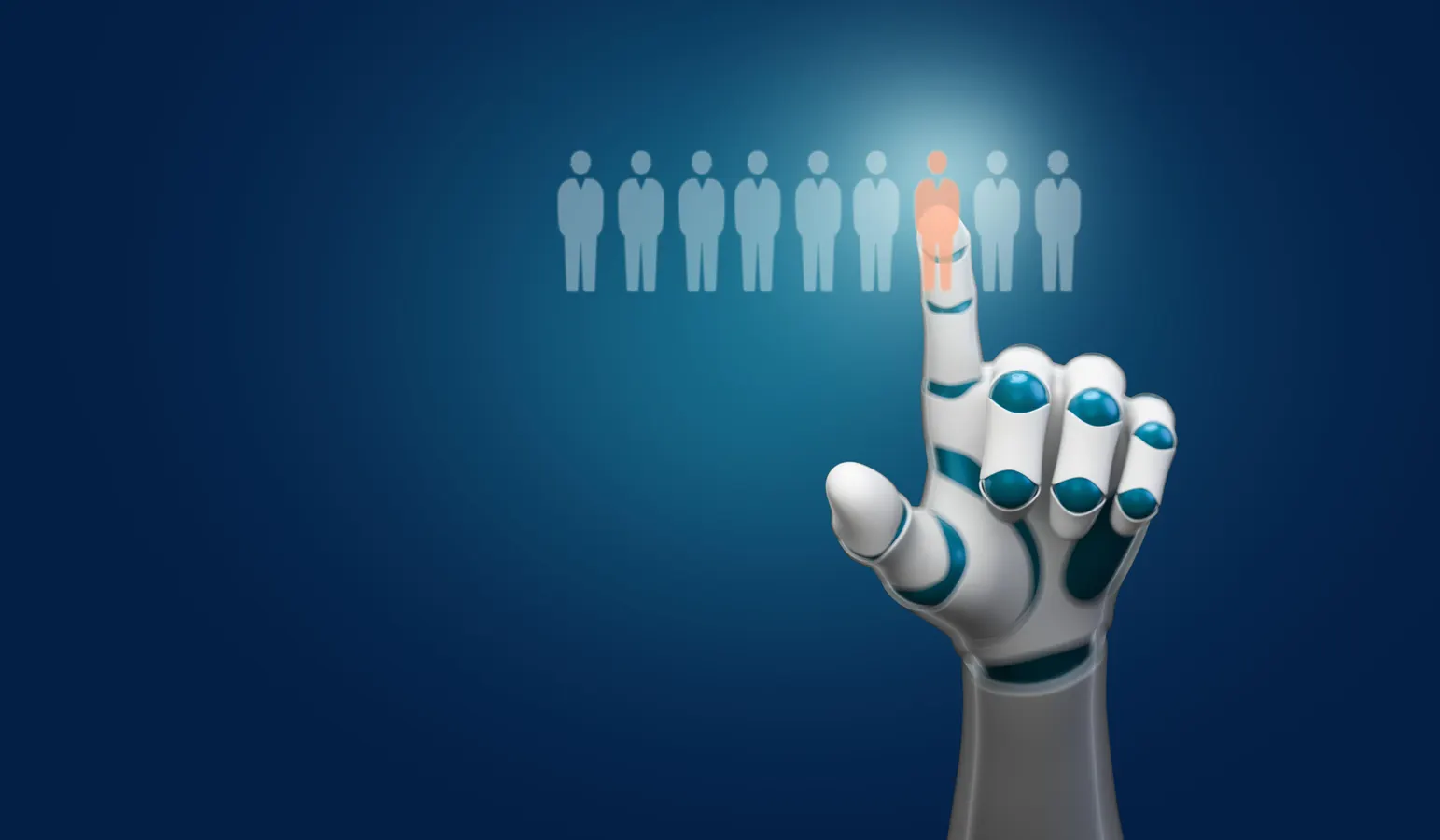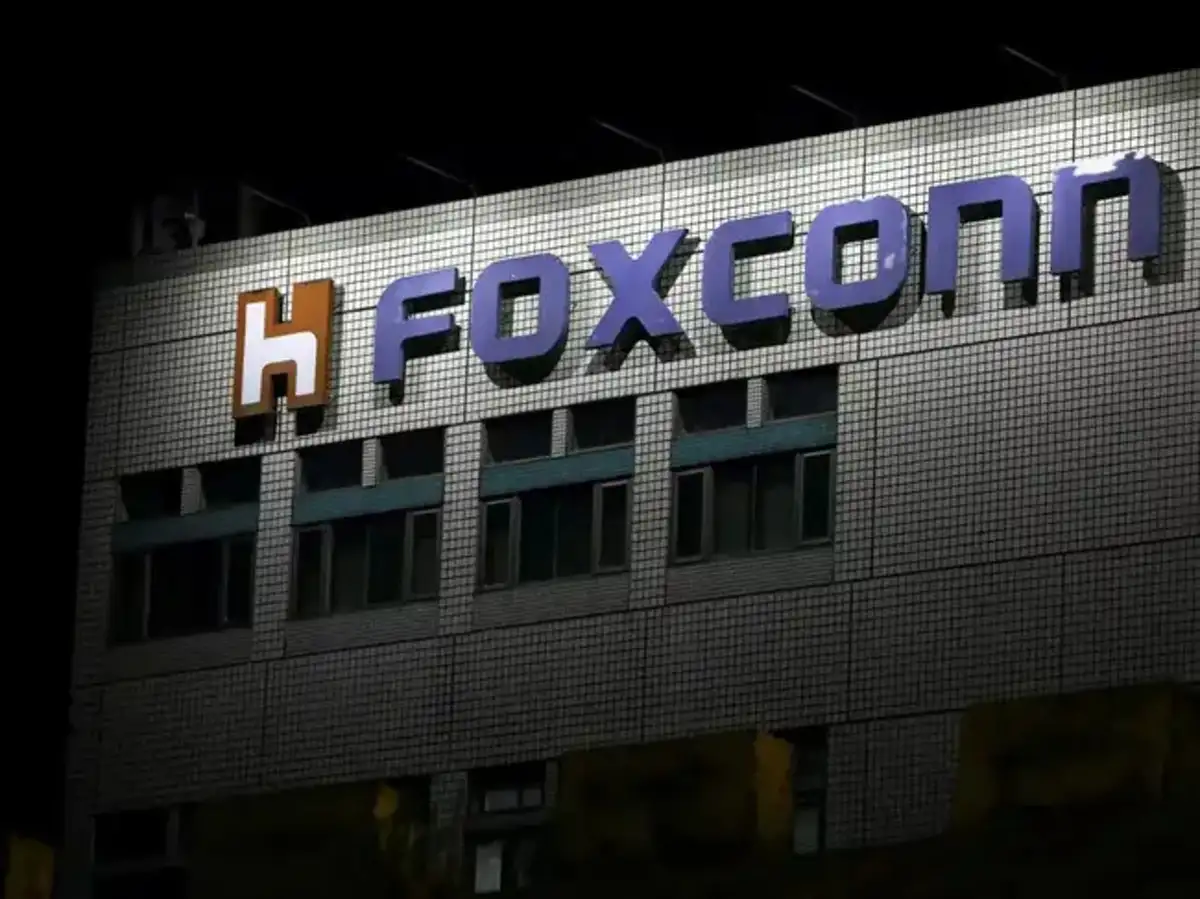Copyright Forbes

In today’s business world, with artificial intelligence (AI) driving improvisation and change at unimaginable speeds, the role of the human resources department—and, specifically, the chief human resource officer (CHRO)—has never been more important. My colleague Rishi Varma likens the CHRO’s expanding role to that of an orchestra concertmaster. If you know something about orchestras, you know that the concertmaster—the lead violinist—is the most essential musician in the ensemble, responsible for “understanding the conductor’s ideas and communicating them in technical terms to the rest of the orchestra.” Frequently involved in key personnel, technical and artistic decisions, in addition to performing, the concertmaster is the conductor’s right hand. “While conductors may come and go—with different styles and approaches,” the Berklee College of Music points out on its web site, the concertmaster “provides the orchestra with consistent and technically oriented leadership.” Today’s CHROs, Varma says, need to act like the concertmaster. As Varma explained at a recent HR tech conference in Las Vegas, “To thrive, organizations urgently need a new AI-first operational and organizational model.” CHROs, he said, are uniquely positioned to lead this effort as “strategic orchestrators to CEOs” in areas such as reshaping leadership models, rethinking talent strategies, and redesigning organization architectures “to accelerate AI integration, scalability, and impact.” AI Will Change Learning, Work, Processes, And Managing In Real Time The world won’t wait. Hundreds of billions of dollars are being invested in AI. In some companies and industries, little will be left unchanged. MORE FOR YOU For many months now, there have been warnings that AI would roil the job market. That’s already clear. As The Wall Street Journal reported in late October, “large employers are retrenching, making deep cuts to white-collar positions and leaving fewer opportunities for [both] experienced and new workers. “…. Behind the wave of white-collar layoffs, in part, is companies’ embrace of artificial intelligence, which executives hope can handle more of the work that … white-collar workers did.” Another major factor, some executives say, is that companies (in particular in the tech sector) bulked up during, and immediately after, the pandemic. This is the long-expected correction, they say. But there’s another part of the story that doesn’t make headlines. It’s called progress. Management introduces new intelligent machines that perform tasks and actions previously done by employees—machines that do it cheaper and faster than the workers. Consequently, some roles are eliminated. Over time, however, far more jobs and opportunities are created than destroyed. The role of the human resources team is to transform the workforce alongside the work. As AI integration advances, HR-directed educational and upskilling initiatives should give workers an opportunity to advance with AI, transitioning from merely AI curious (where most of us were when ChatGPT was introduced in November 2022) to AI native. We’ve seen many iterations of this over the years: industrialization, mechanization, automation, computerization, globalization, digitization, and now artificial intelligence and generative AI. Recall that most of the alleged “job-destroying” changes we’ve seen in the past ultimately made work less tedious (and often safer) for the workforce and made companies and economies stronger and more efficient as they adjusted, adapted, and in many cases reinvented themselves. Companies that couldn’t change, or wouldn’t change, disappeared. While some job categories became nearly obsolete (such as elevator, streetcar and switchboard operators, movie projectionists, and typesetters), new job categories were created. So, despite (or, perhaps because of) the productivity gains the new processes and technologies spawned, overall employment and living standards increased. HR, At The Center Of It All Despite the dangers and risks involved (some real, others imagined), AI is unlikely to alter this story in any significant respect. Major corporate transformations, whether driven by automation, computerization, digitization, or artificial intelligence, typically create some jobs and eliminate others. They almost always cause anxiety—adding mental health support to the growing list of items for the HR portfolio. Most people don’t like change, especially when it might disrupt their job, daily routine, or personal life. But change stops for no one, and technology transformations, such as the full-speed-ahead rush into AI, puts CHROs in the middle of it all. As Cliff Jurkiewicz, vice president of the HR tech company Phenom, observed recently in Fast Company, the impact of artificial intelligence on employees and workplaces is likely to be so profound that businesses’ people functions will become inseparable from their technology functions. “The day may well come,” he wrote, “when organizations have a CPO—chief productivity officer, not chief people officer—in charge of both the people part of the company and the technology part, because those two pieces have come together to redefine work at the enterprise level.” That day is rapidly approaching. CHROs are no longer just the chief personnel, or people, officers. They’re also the chief upskilling officers, the chief learning officers, and the chief psychology officers. At the end, AI may cost HR some administrative and clerical positions, but it will bring a new wave of more-substantive HR roles. It’s an evolution the HR team should, and will, welcome.



